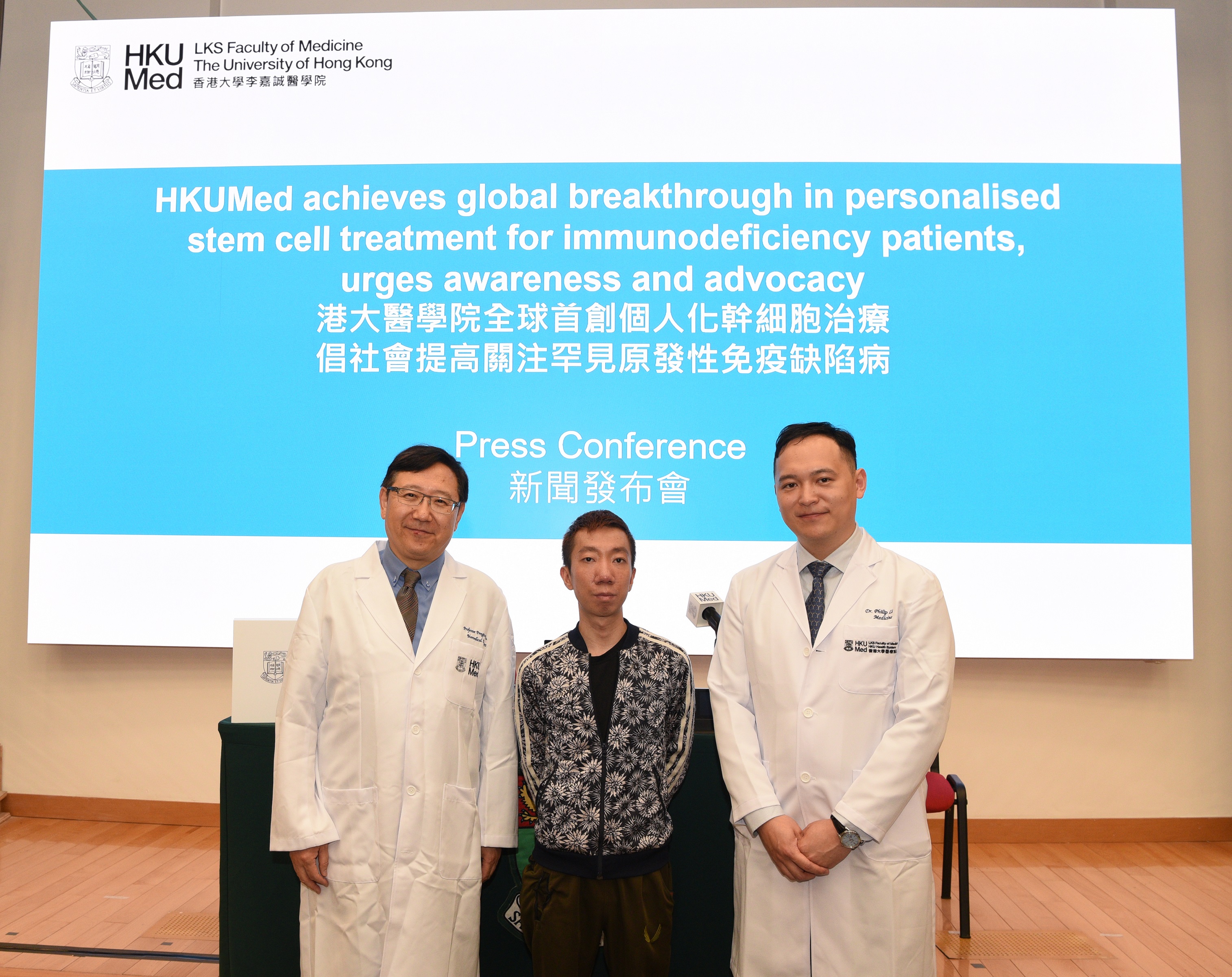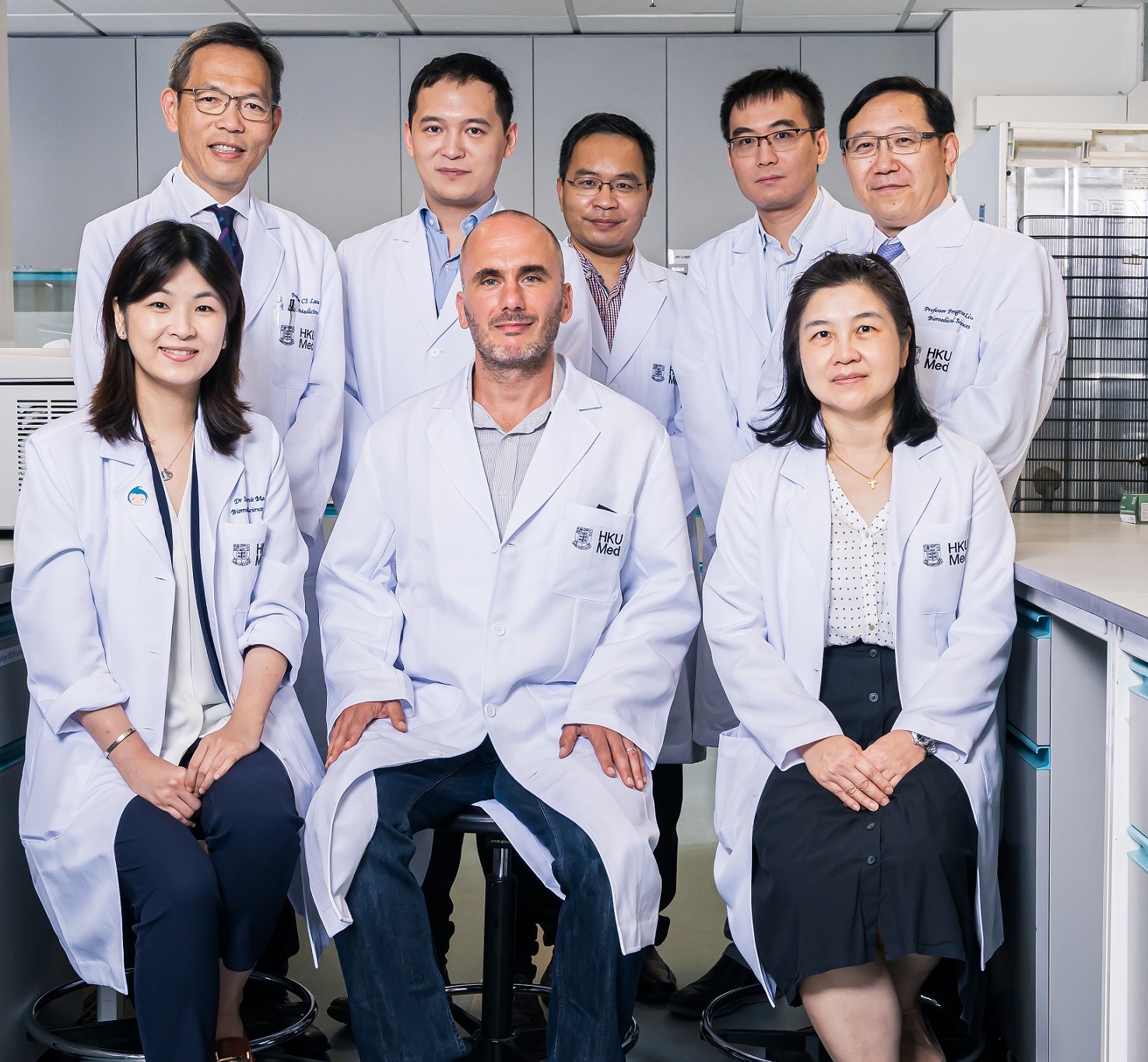
HONG KONG — The Faculty of Medicine of the University of Hong Kong (HKUMed) announced on Wednesday that it has pioneered a new stem cell model to help personalize treatment for patients suffering from rare forms of immunodeficiency.
According to the university, primary immunodeficiencies, also known as "inborn errors of immunity", are debilitating diseases, which compromise the immune system. Owing to their rarity, a significant number of immunodeficiencies remain underdiagnosed and undertreated.
Collaborating with partners at the Centre for Translational Stem Cell Biology (CTSCB) and the University of Cambridge, the HKUMed has pioneered a new stem cell platform to help patients with primary immunodeficiencies.

The research team took blood samples from patients and re-engineered the patients' cells into expanded potential stem cells, which can be used as personalized disease models, enabling various therapies to be tested to identify the most effective and safest treatment options without causing unnecessary risk to the patients.
"Using our innovative platform, we successfully identified safe, effective and novel treatment options for individuals with rare immunological diseases," said Philip Li Hei, Division Chief of Rheumatology and Clinical Immunology of the HKUMed.
The research findings were published in the Journal of Allergy and Clinical Immunology.


